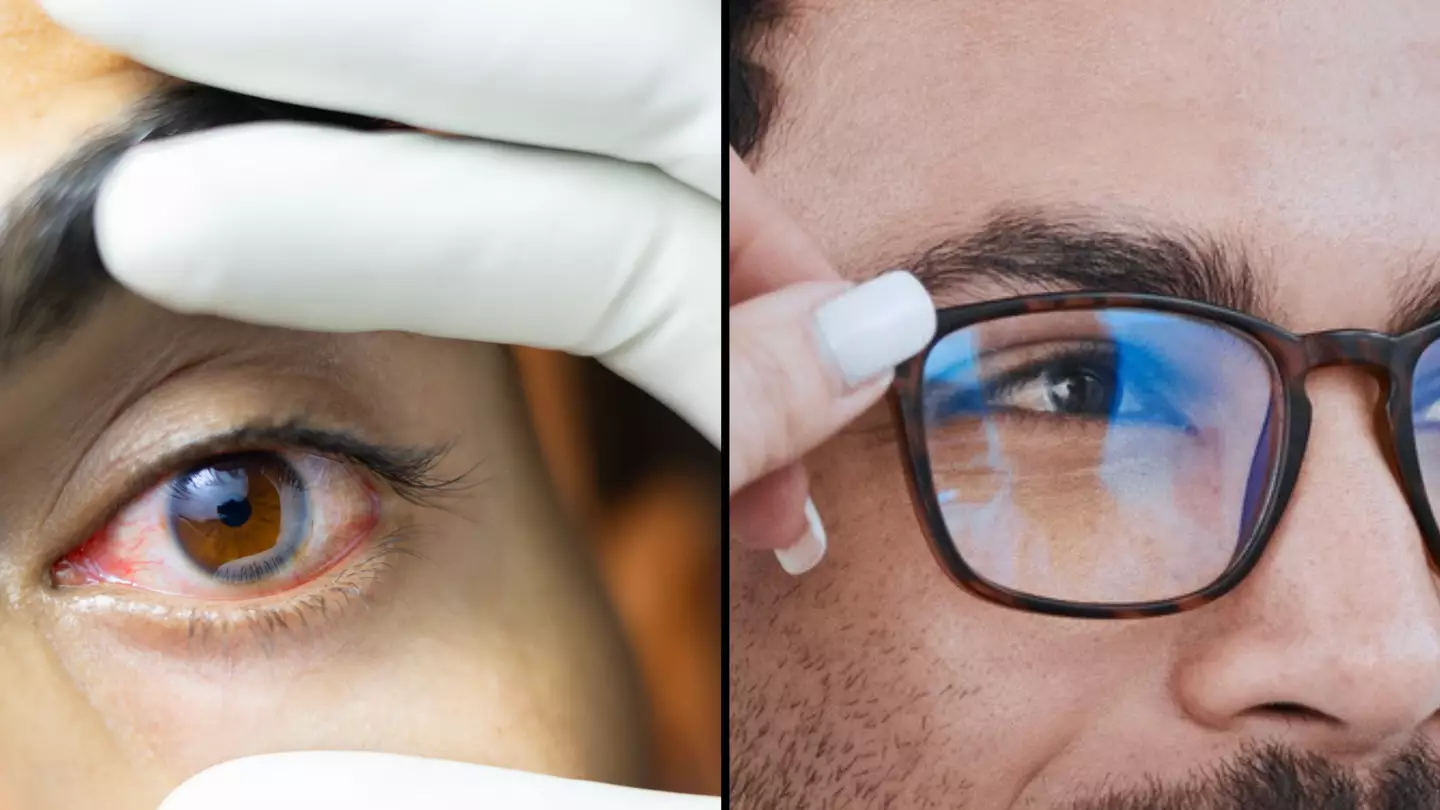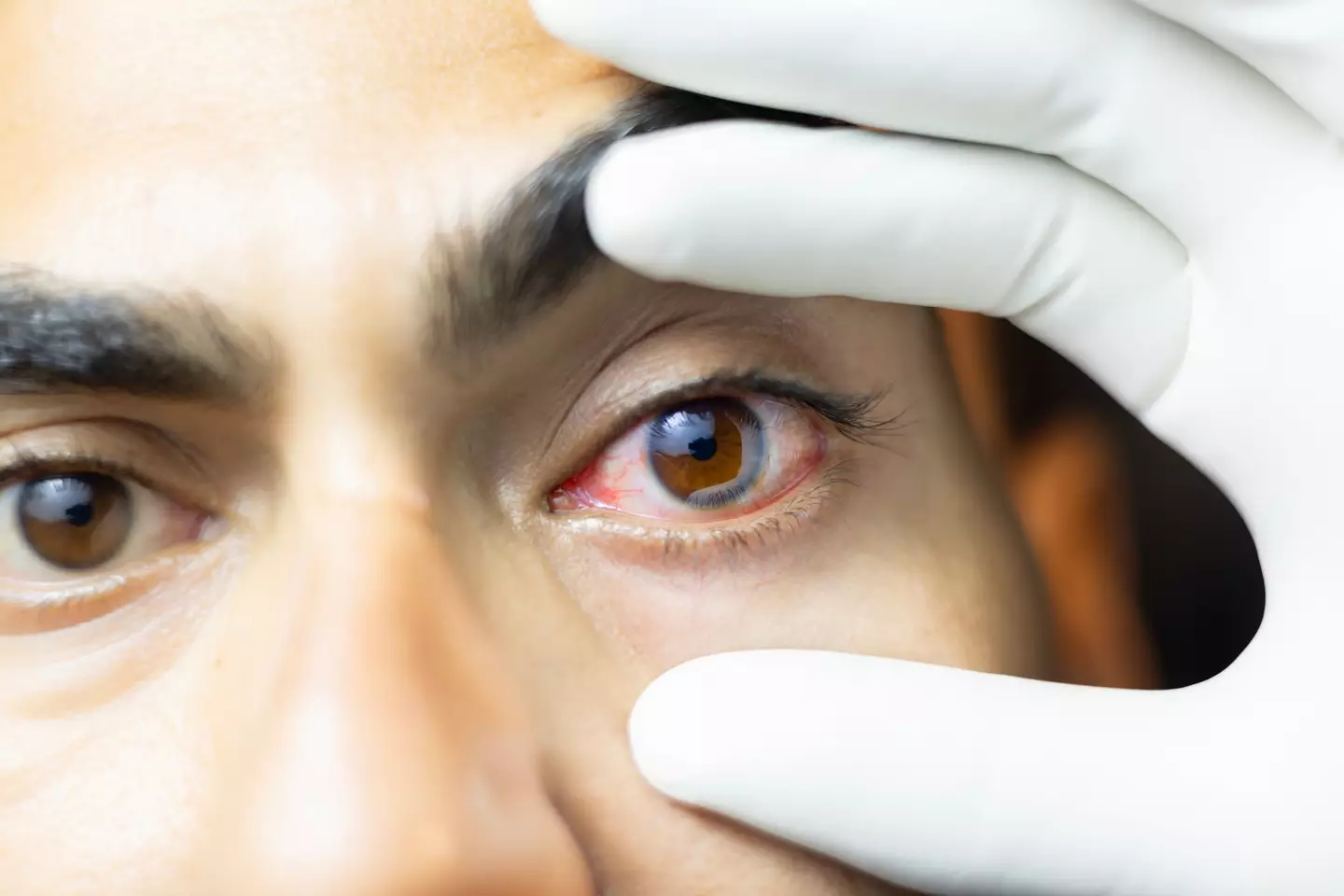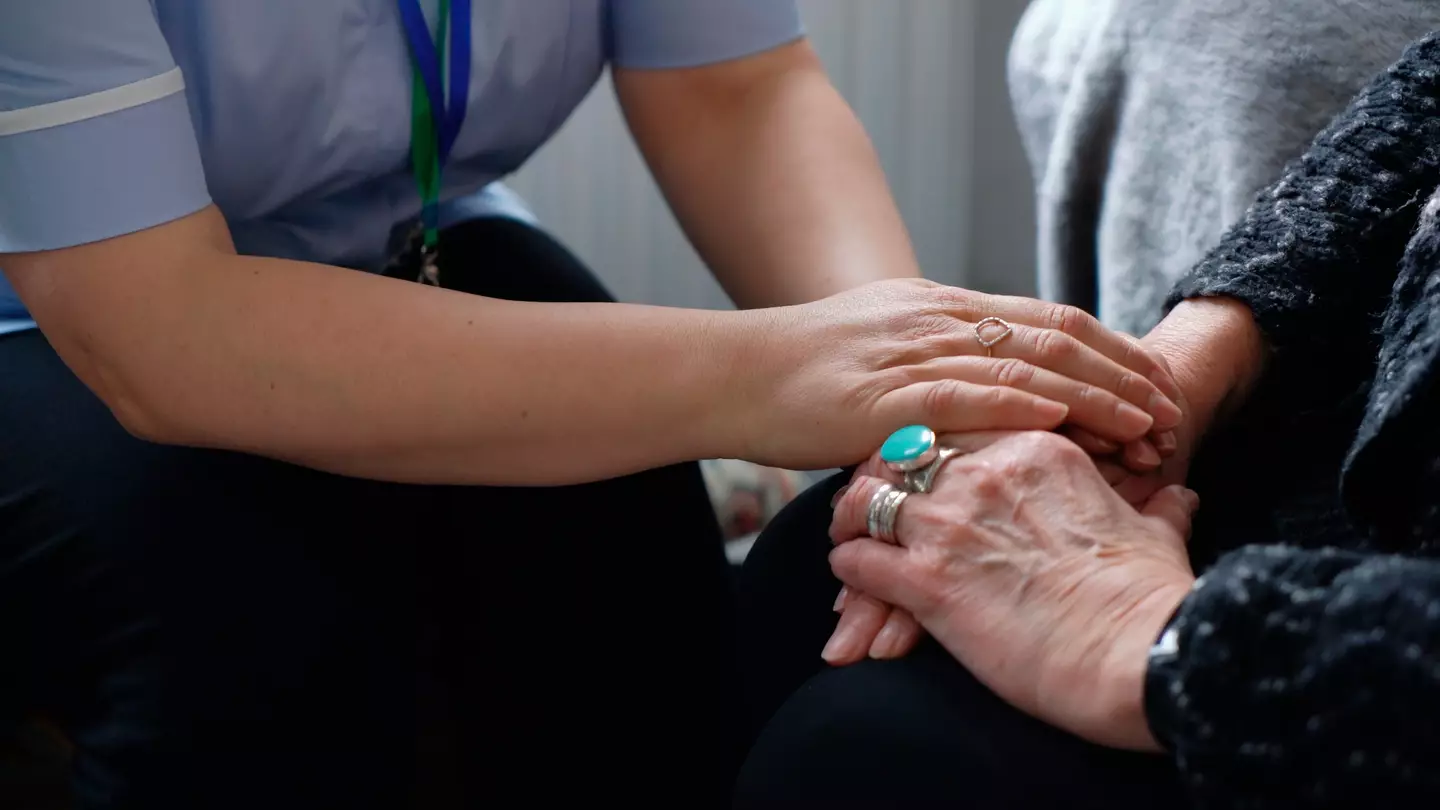
Brits suffering from a common yet crippling eye condition have been given a boost, as the Department for Work and Pensions (DWP) has announced that they can now receive extra financial assistance.
As those who live in the UK will know, this branch of our government is responsible for welfare, pensions and child maintenance policy as well as helping people with extra living costs.
There's a specific state benefit - Personal Independence Payments, or PIP as it is commonly referred to - which is available to those who experience long-term physical or mental health conditions or disabilities.
It's not applicable to everyone, with there being certain criteria you have to hit in order for it receive payments, but you can still receive it even if you're working, have savings or are claiming other benefits.
What are PIP and Attendance Allowance?
It's an essential lifeline from the DWP for those who have trouble with their mobility and completing everyday tasks.
Advert
If you are over the age of 16 but under the current state pension age of 66, have a long-term condition or disability which causes you difficulty with daily life, you can apply for it.
Those who are over 66 instead apply for a similar state benefit which is known as Attendance Allowance (AA), which is issued to help with extra costs if you have a disability severe enough that you need someone to help look after you.

There are various illnesses that you could be dealing with which could mean you are entitled to PIP or AA, as eligibility is based off of how the long-term or disability affects your daily life and movement rather than the severity of the issue.
The most common reason people are claiming is psychiatric disorders, with 1.3 million people receiving PIP for this, while the second leading cause for PIP claims is general musculoskeletal disease, such as arthritis and fibromyalgia.
Finally getting a look-in
Now, the DWP has announced that Brits who suffer from a degenerative eye condition will now be able to qualify for PIP and Attendance Allowance.
Age-related macular degeneration (AMD) has now been added to the list of illnesses which make you eligible.
According to the NHS, this is a common condition that affects the middle part of your vision, which usually begins when people are in their 50s and 60s.
Symptoms include gaps or dark spots in your vision, sensitivity and difficulty adjusting to light, a blurred or distorted spot in your vision, straight lines appearing wavy, seeing things that are not there (hallucinations) and colours seeming duller.

Although it does not cause total blindness, AMD can make everyday activities - such as simply recognising people's faces or reading - extremely difficult, and without treatment it just continues to get worse.
Now, they will be able to receive up to £434.20 per month, or more than £5,644 per year in government funding.
Dame Judi Dench, 89, was diagnosed with it back in 2012 and she has spoken out about how it became 'impossible' for her to read film scripts, see the screen in a cinema and even simply navigate stairs without assistance.
"These days I can't really travel on my own because I need someone to say, 'Look out, there's a step here!' or else I fall all over the place like a mad, drunk lady," the British icon previously told Radio Times.
Living with AMD
The exact cause of AMD is unknown, but the NHS say that it has been linked to to smoking, high blood pressure, being overweight and having a family history of the eye condition.
A special optometrist at Pure Optical, Neil Laird, said of the health issue: "AMD generally affects those over 55, becoming increasingly more common the older you get as your macula begins to deteriorate.
"This condition affects the middle of your vision, leading to blurring or black spots that can make it hard to read, recognise faces or drive, and as it progresses, puts sufferers at risk of falls and other injuries."

As AMD progresses, it gets continuously worse - and without a cure, this means that sufferers increasingly rely on additional support.
Laird explained: "Depending on their age and the severity of the disease, those with AMD can receive up to £108.55 per week, or £434.20 per month to cover extra living costs, such as paying for a carer, transport, or adaptations to the home."
Both PIP and Attendance Allowance have a lower rate of £72.65 and a higher rate of £108.55, which means that AMD sufferers who claim can receive either £3,777.80 or £5,644.60 per year from the DWP.
Topics: Health, Money, UK News, Cost of Living, NHS